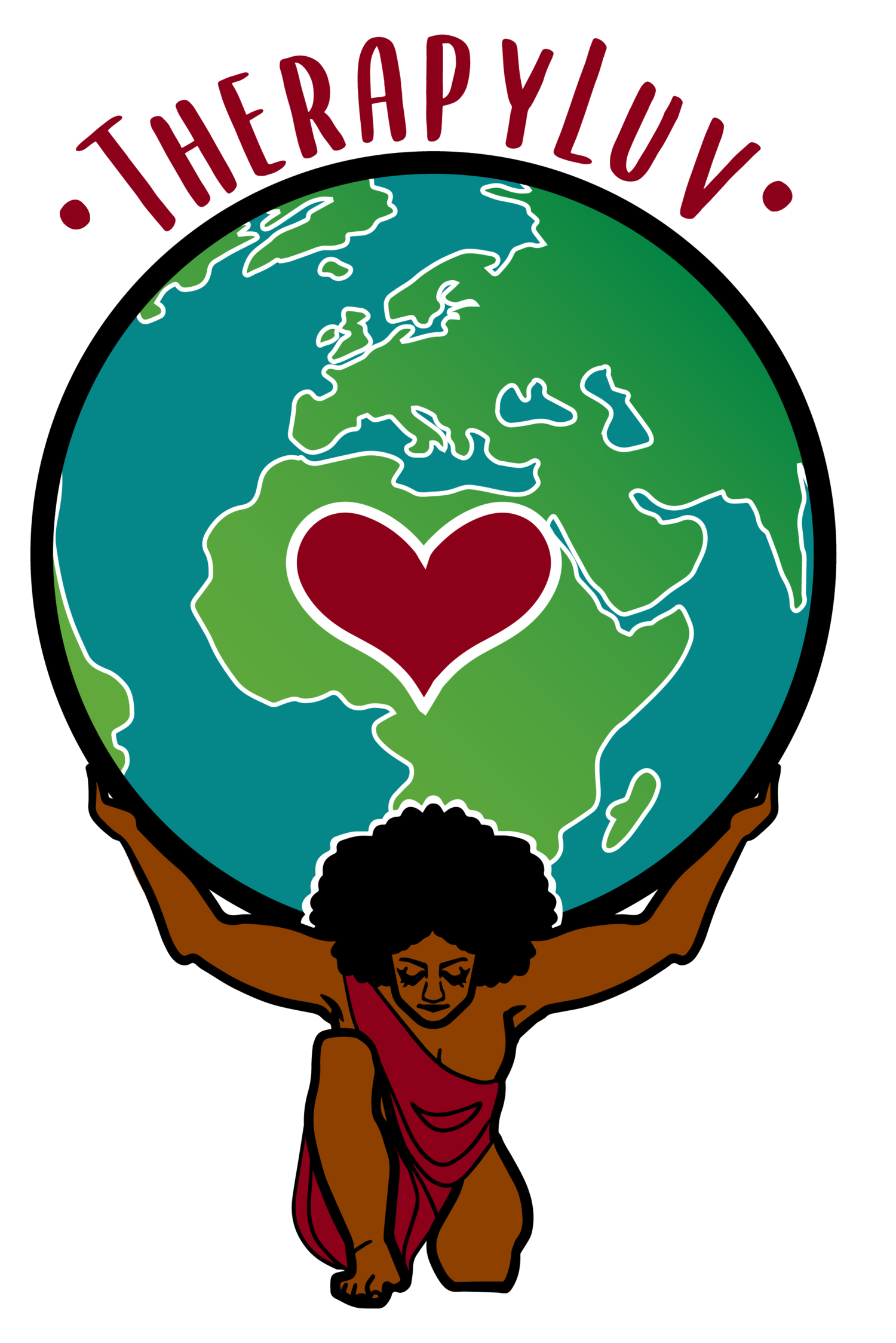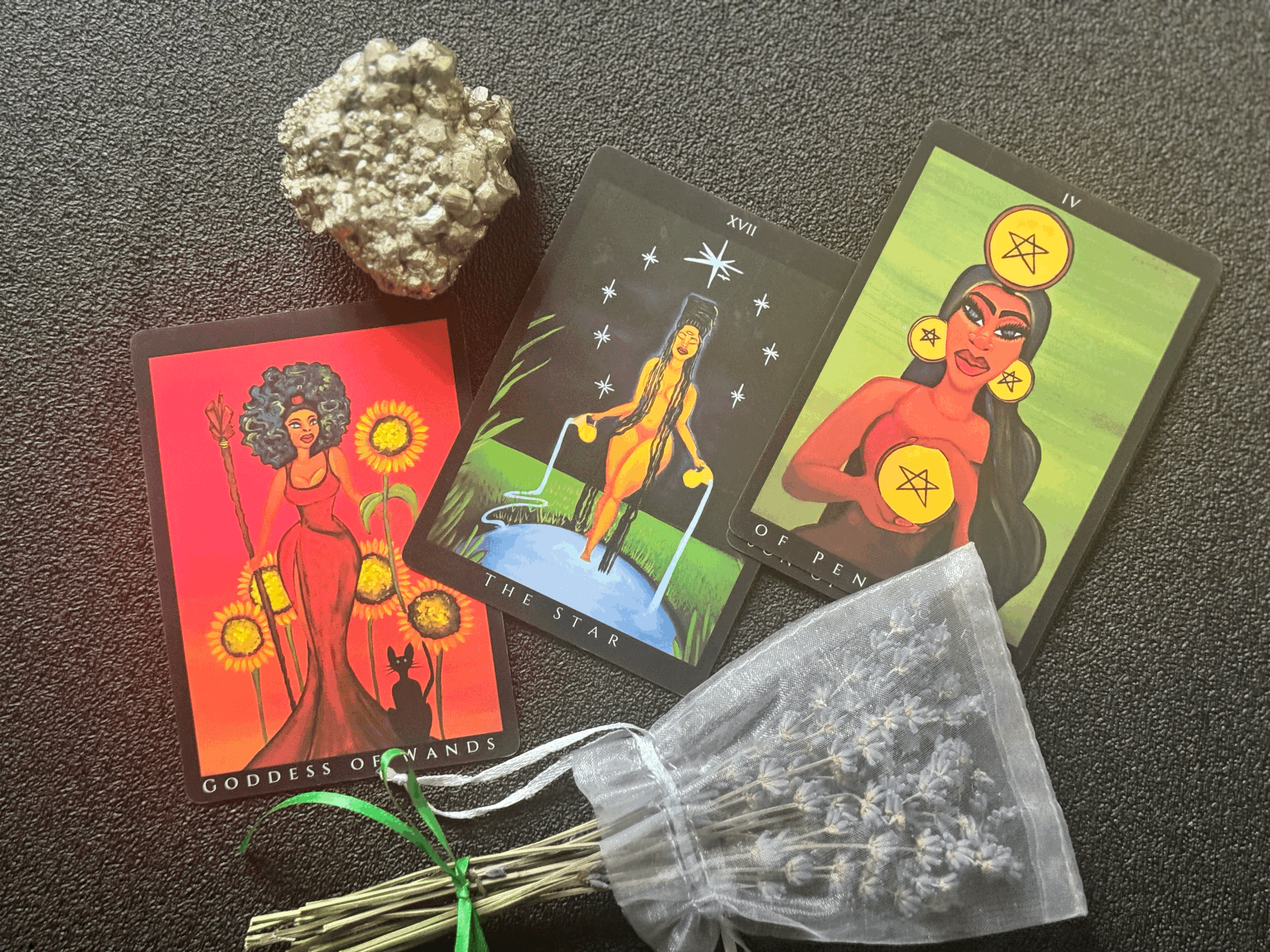How Tarot Can Benefit Your Mental Health
How Tarot Can Benefit Your Mental Health
By Lindsay Valley, LCSW — Trauma Therapist | Binge Eating Disorder Specialist | Tarot-Friendly Clinician
Tarot isn’t just about predictions—it’s about presence. In my practice, many of my clients already have a tarot practice or are curious about starting one. While I’m not a tarot reader by profession, I am a trauma therapist who uses tarot in my own life—and I can help you explore how it might support your healing journey too.
Tarot is rich in symbols, metaphors, and storytelling—all of which help us gently access emotions and truths that are often buried beneath layers of trauma. If emotions have felt unsafe or overwhelming in your past, tarot can serve as a soft container for self-reflection, emotional regulation, and reconnection with your inner world.
Whether you’re a seasoned card-puller or just curious, you’re welcome here.
Falling in Love with My Angry Self: A Journey Through Brainspotting
A few weeks ago, I found myself in the midst of an experience that left me grappling with a whirlwind of emotions—anger, betrayal, and the weight of an unspoken expectation to suppress my feelings for the comfort of others. The incident took place during a professional training, one where I had hoped to find solidarity and understanding, but instead, I felt profoundly let down.
🌿 Appreciation for the Land: A Pathway to Improved Mental Health and Clarity 🌿
During my time in Belize…I participated in a Mayan healing ceremony led by a traditional Mayan healer named Thelma. Before the ceremony, Thelma guided us through a medicinal plant walk to connect with nature and select plants that spoke to us for use in the healing ceremony. While I won't go into details about the ceremony or the specifics shared out of respect for the sacred nature of the ritual, one thing Thelma showed us that spoke to me was extending gratitude to the plants and the land for providing us with these abundant resources.
More About EMDR in the Healing Journey
Last month, I shared about Eye Movement Desensitization Reprocessing (EMDR). It’s such an interesting and powerful new option that I want to continue educating my community about it. EMDR is different from other modalities because it's more of a brain-based process as opposed to talk therapy. Talk therapy can be re-traumatizing for clients because a client can feel like they have to reveal (and risk reliving) every detail of their past traumatic experiences.
What is EMDR?
EMDR stands for Eye Movement Desensitization Reprocessing. It’s based on the Adaptive Information Processing Model (AIP) which basically states that trauma is stored in the neural networks of the brain. Traumatic memories are connected to negative emotions and cognitions (thoughts) so the aim of EMDR is to change those and take the sting out of traumatic memories through a process called bilateral stimulation (BLS) which creates new neural networks. This can be done through eye movements, tapping and even bilateral sound techniques.
My Story: Switching to a Health At Every Size Doctor
As one does, I went to my regular doctor but all they had to offer in terms of support was, “lose weight or get weight loss surgery.” This wasn’t out of the ordinary for this office: I was previously fat shamed by the doctor twice in one year. I was yelled at for not dieting even though I actually had completed a keto diet that was even lower in carbs than she’d recommended.
Start your healing journey
Contact me today and let’s begin your radical journey towards healing.




















